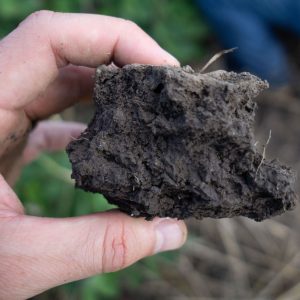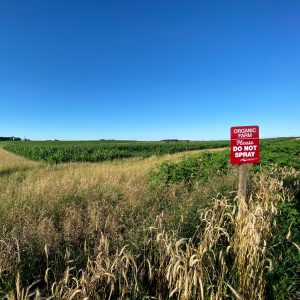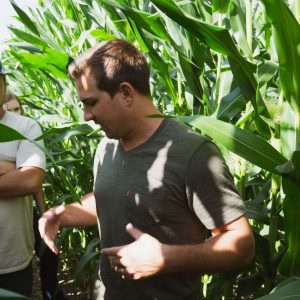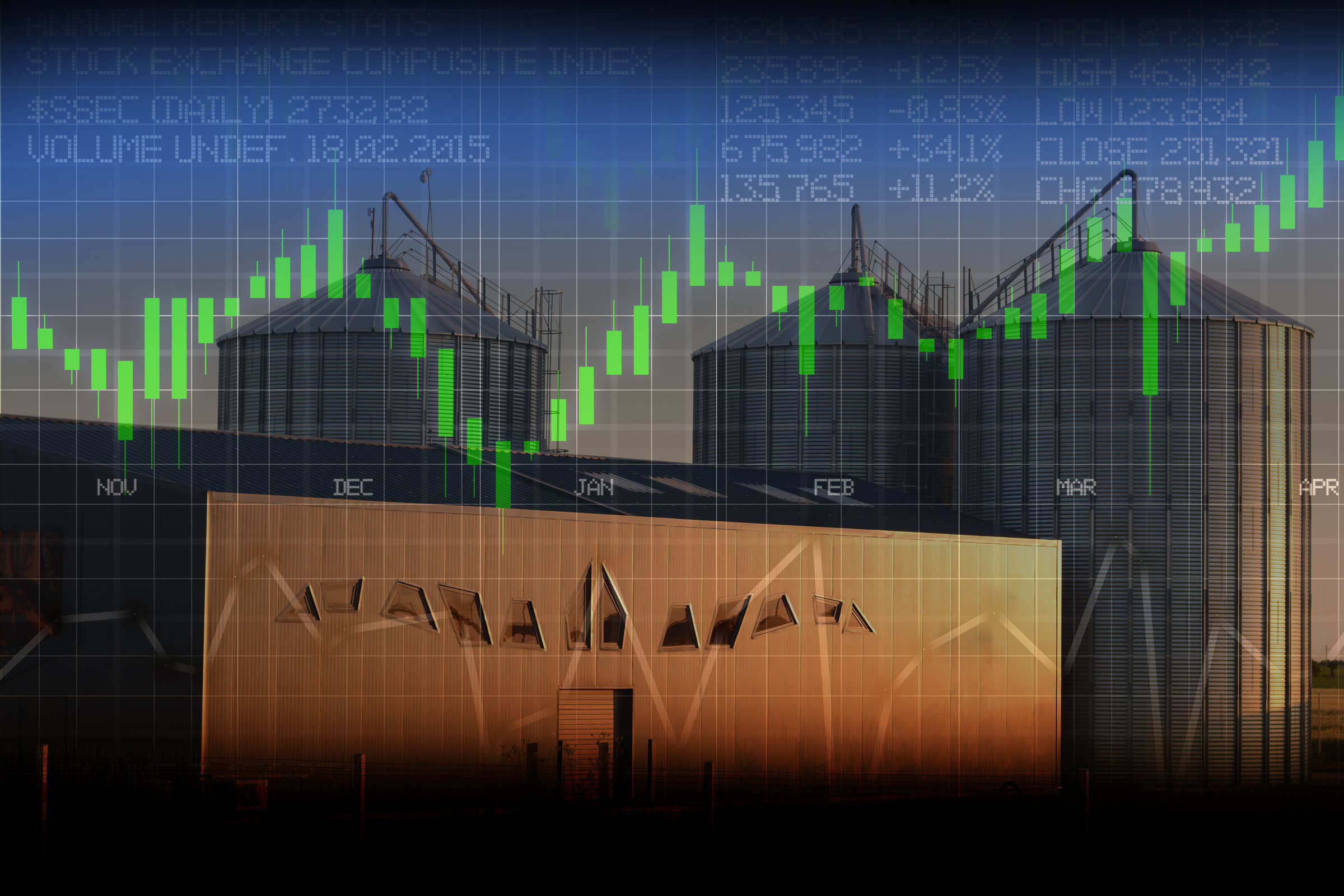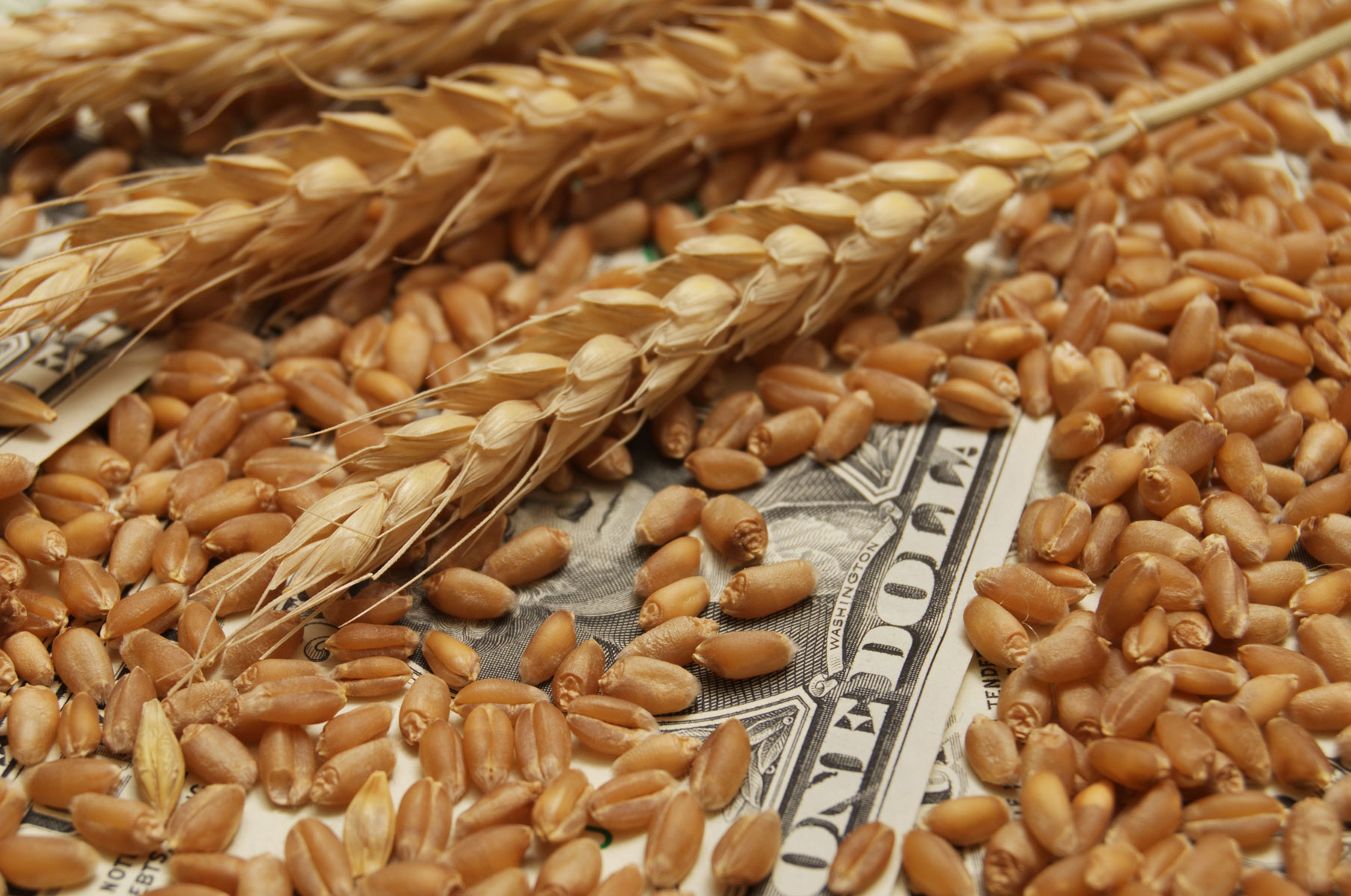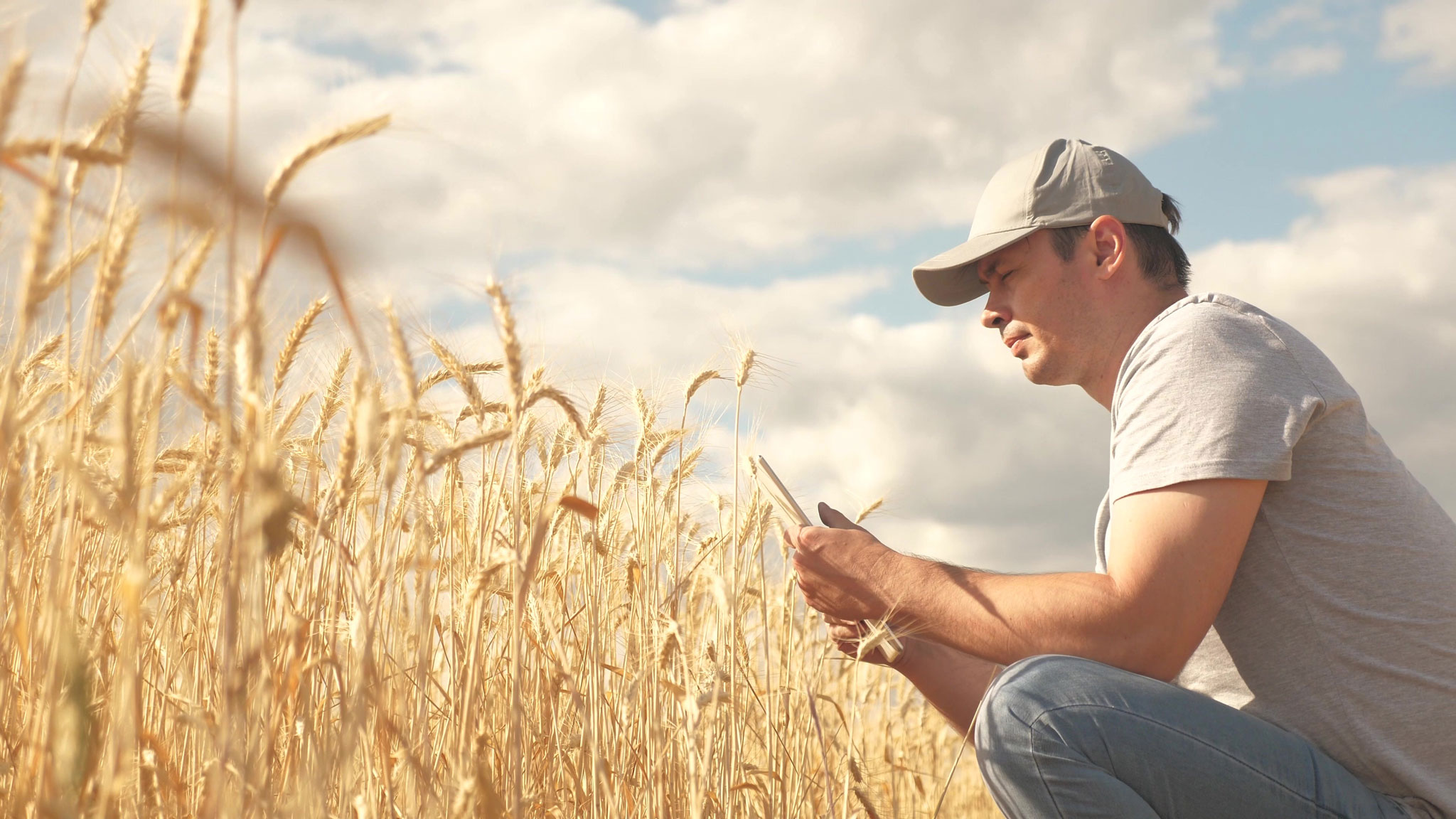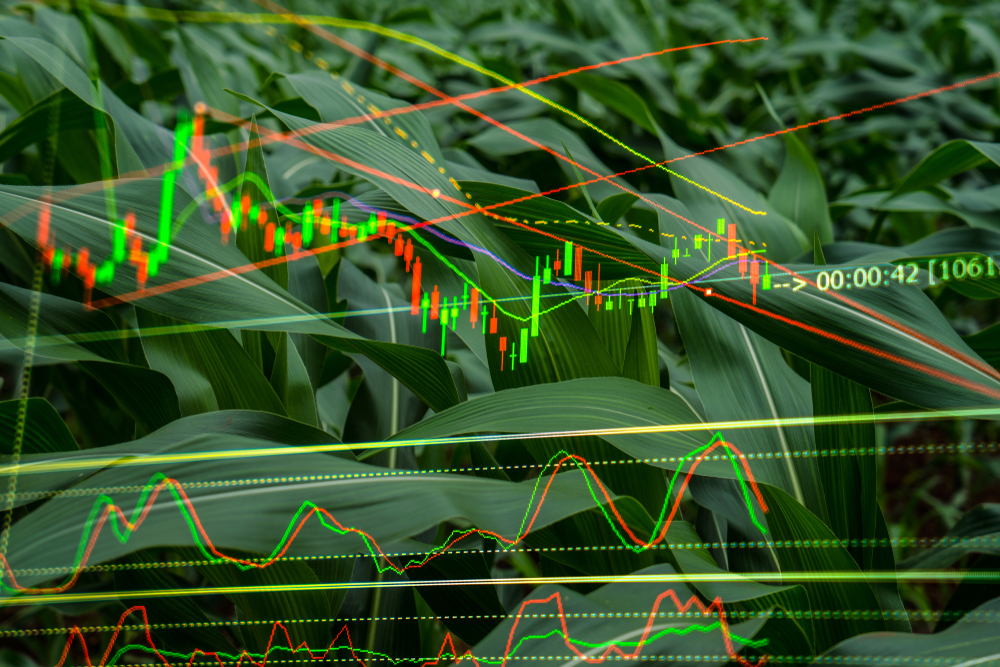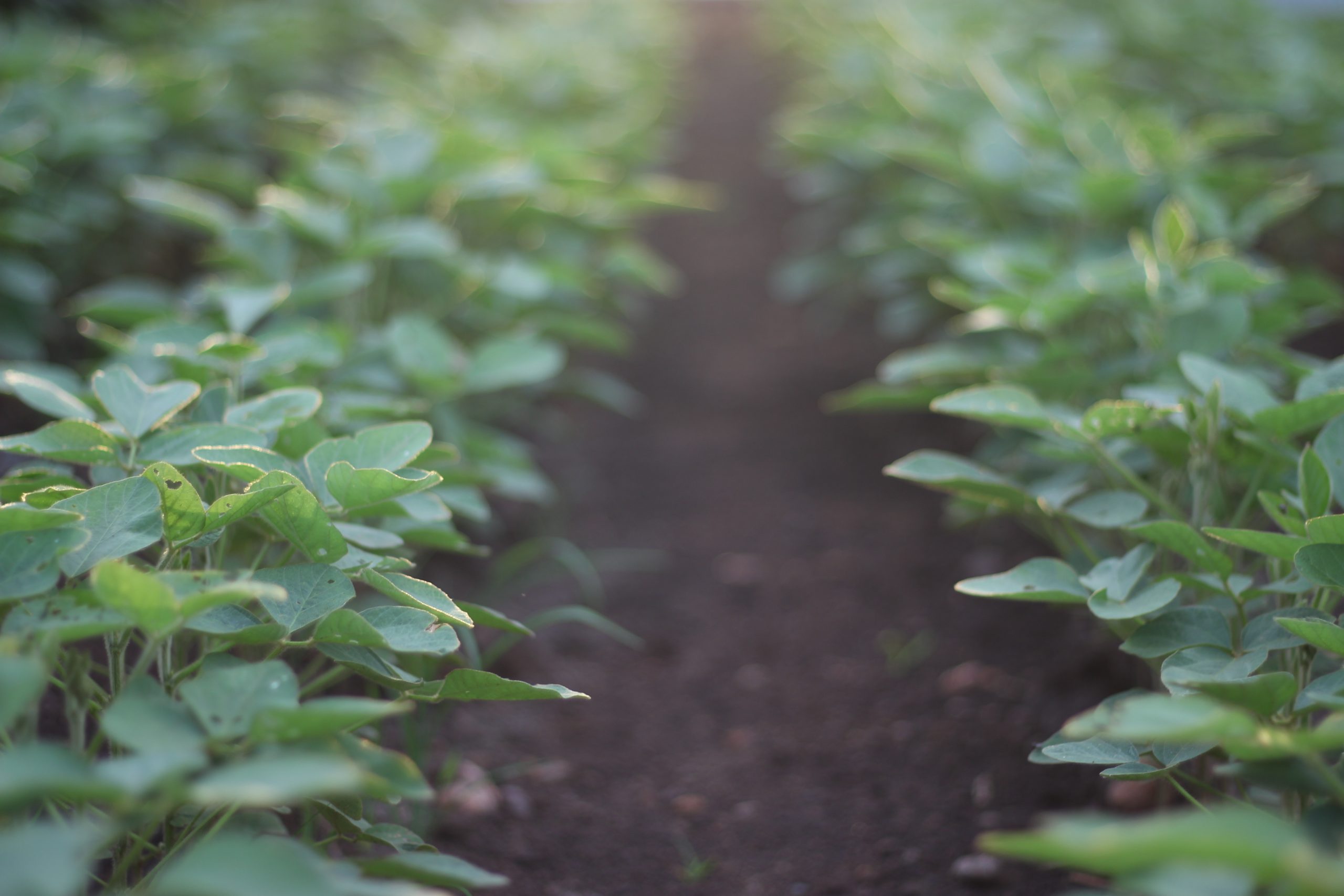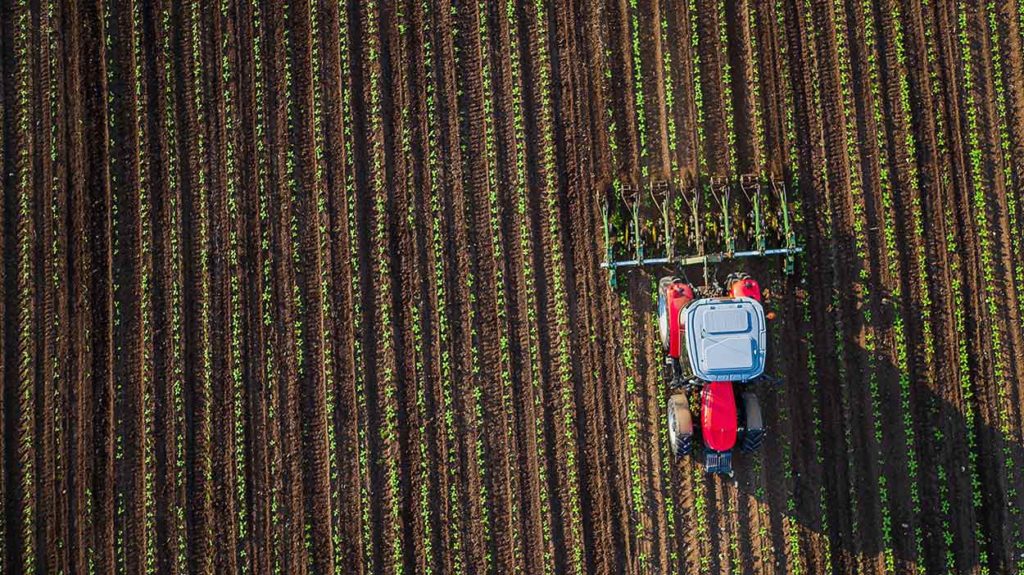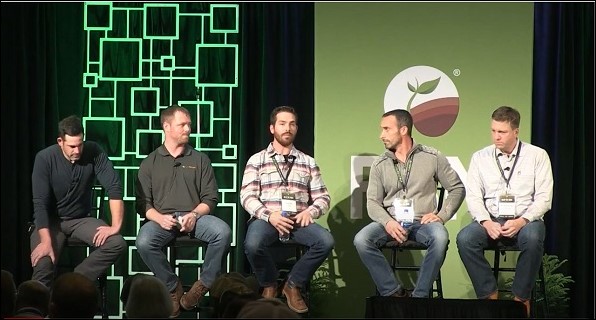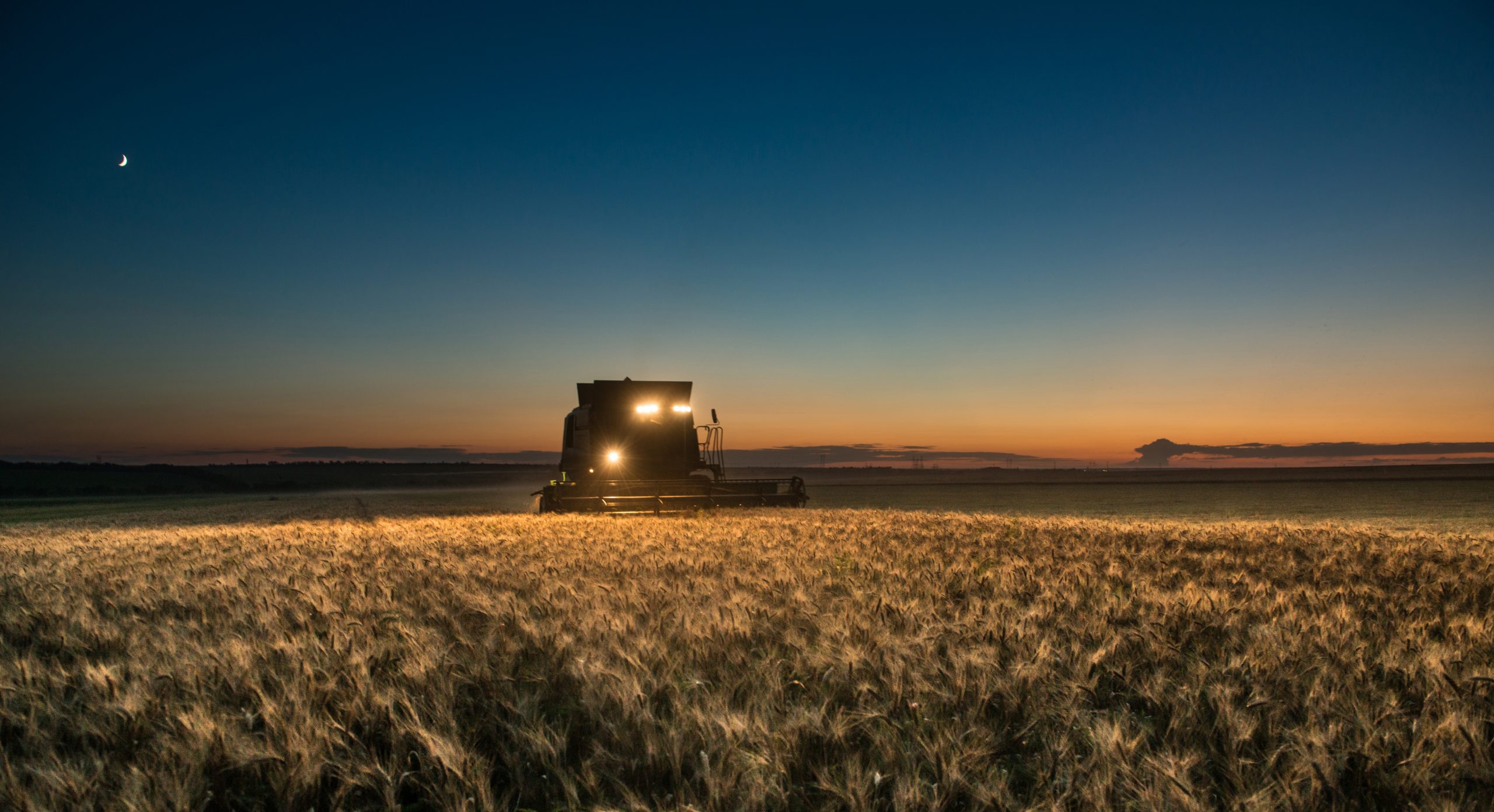- Published On: April 6, 2021
- Author: AgriSecure
Ask a farmer what’s keeping them from transitioning to organic row crops, and you may be surprised to hear a common answer. Finances. It’s often a struggle to find organic farming loans tailored to their needs.
Yes, organics offer excellent premiums and can bring long-term profitability. But first you have to get through the 36-month transition process.
During this time you’re likely to have a lower yielding crop, which you’re still selling at conventional prices. You may need to make some investments in equipment, like a cultivator or rotary hoe. And you may not get the support you need from your traditional lender because they have a short-term view.
But there’s good news: that’s changing. Some banks are introducing loan options for the organic transition. Then there are farmland investors who offer rental agreements specifically to organic farmers to help scale their businesses. Some companies are offering grants.
And there’s also new types of funders who want to see greater adoption of organics. One of those is the Perennial Fund, a project by Mad Agriculture.
We talked to Brandon Welch, Director of Radical Capital, at the Perennial Fund. He shared the program’s ambition, the loans they’re offering, and the additional ways they support farmers during transition.
-
-
Images courtesy of Mad Agriculture / Perennial Fund
-
Helping farmers re-envision their future
A non-profit based in Boulder, Colorado, Mad Ag’s mission is to reimagine and restore our relationship with the Earth and each other through agriculture. One way of achieving that is by helping farmers adopt regenerative organic farming practices. Brandon says regenerative organic is organic farming that keeps soil health in mind.
They do that by working with farmers through their three-step, whole system approach to land and business planning.
The first step is working with the farmer to help them see past the barriers that keep them in the status quo. ““They might not have enough money, the right tools, or maybe they don’t have the right support network,” Brandon says. “We try to make them comfortable with the idea of thinking, ‘Where would their farm be if they had unlimited resources and could realize their vision in 20, 30, 50, or 500 years?’”
The next step is to identify potential changes that are under their control. You can’t control the weather or geography. But you can change your infrastructure, cultivation practices, crops or livestock, and even your soil.
Finally, they evaluate how outside factors like capital, markets, and the culture around the farm influence the operation. That’s when Mad Ag discovered organic farmers weren’t receiving the lending support they needed to finance the transition.
There are many organizations trying to find the right mechanisms to help farmers go organic. Brandon says Mad Ag saw an opportunity to help farmers make the transition and that led to the creation of the Perennial Fund.
Organic farming loans provide long-term support
The Perennial Fund was created to provide long-term financing to farmers making the transition to organics.
“Our intention is to create the financing vehicles organic farmers need to effectively transition more land, and then steward that for decades to come,” Brandon says.
It all starts with a commitment to long term financing, over 5 to 8 years, he adds. This ensures farmers get through the transition and can build up their equity and cash flow.
The commitment also comes with a clear understanding the farmer is likely to see a loss on their transitional acres.
If Perennial Fund lends $100,000, the farmer may only pay back $60,000 or $70,000 in a season. So the balance gets rolled over to the next season. Then once a grower is certified organic, they move to a previously agreed-upon payback scheme (typically a term note). This could be a typical APR amortized over five years or a revenue share.
The Perennial Fund can finance almost anything that helps farmers grow and then sell organic crops. They currently offer:
- Long-term working capital and operating loans
- Term loans
- Equipment loans
- On-farm infrastructure loans
“We do an assessment with each farm and we lay out all the different ways that we can work with them,” Brandon says. “It’s a long term partnership. We are not trying to sell them a product.”
Regardless of the loan, the end goal is the same: give farmers the financing they need to make the leap.
Providing support beyond organic farming loans
Mad Ag understands that securing financing is only the first step for success with organic row crops. Farmers also need markets that buy their crops.
That’s why Mad Ag has a full-time crop marketer to help their farmers get a value-add on their products. One way they hope to do that is by building relationships with multinational brands and small consumer packaged goods companies. Once their farmers are certified organic, they’d have collective selling power.
The Perennial Fund also recognizes that farmers need more than just organic farming loans. Another goal is to create a community of farmers who are transitioning. They hope to foster opportunities to discuss successes, failures, what’s working, new markets, and more. The fund plans on holding quarterly meetings and creating group text messages so organic farmers can communicate regularly with each other.
“If we can help facilitate them getting together or going to each other’s farms once a month to start building that community, that will be key. It’ll help us all keep moving in the right direction,” Brandon says.
A values-aligned partner
The Perennial Fund launched in 2021. And they issued their first loan in mid-February to a farmer in southern Minnesota.
While Mad Ag has primarily worked with farmers in Colorado, they’ve found a lot of interest in regenerative organics in the upper Midwest. The region they’ve chosen to focus on includes Minnesota, Wisconsin, Iowa, Missouri, Illinois, Indiana, and eastern Nebraska. Around a dozen farmers were working with the fund in the first months of 2021.
“If any farmers are interested in working with a values-aligned partner that’s in it for the long haul and brings more value than just finance to the table,” says Brandon, “we’re a pretty good option.”
AgriSecure can help
At AgriSecure, we know the challenges of securing organic farming loans during the transition period and how necessary it is to have a partner that understands the long-term commitment. With the Perennial Fund’s financial support and AgriSecure’s organic expertise and MyFarm platform, growers will have the plan, cash flow, marketing support, and recordkeeping necessary to reach certification and start operating profitably.
To learn more about the Perennial Fund, visit https://www.theperennialfund.org/. For guidance on the transition and whether organics is a good fit for your farm, contact AgriSecure today for a free consultation.
Related Articles
-
Imports Have an Impact on Organic Crop Prices: Here’s Why
Organic soybean prices are skyrocketing. The Jacobsen reported that prices were up to $32 per bushel in the Midwest in May 2021. What’s behind this impact on organic crop prices? And why aren’t organic corn premiums keeping up? In short: it’s all about supply and demand, especially imports, says David Becker. David is an analyst […]
-
New Options Offer Farm Loans for Organic Transition
If securing farm loans for organic transition feels daunting, we have some good news. It’s not as hard as it used to be. In fact, there’s a number of new options that could provide a solution for you and your operation. Traditional lenders, farmland investors, non-profits, and even big food companies are starting to create […]
-
Organic Breakevens: What to Know and How to Calculate
If you’re thinking about organics, you’ve probably debated whether it’s going to pay off — literally. Yes, the price premiums are good, but you’ve heard your yields will take a hit. How can you predict profitability? The answer: calculating your organic breakevens. What are an organic breakevens? Simply put, it’s a way to calculate what […]
-
Know Your Numbers to Push Crop Profitability
Yield is often the top priority in farming. The truth, though, is that the highest yields will not necessarily result in the highest ROI. And this is especially the case for organic production. We know good execution results in the best yields, but the best way to maximize your crop profitability is to know your […]
-
6 Ways to Protect Organic Profits in Uncertain Times
Economic uncertainty hits all sectors of the agriculture industry, including organics. The good news? It’s possible to safeguard your organic profits. For a start, it’s even more important for organic farmers to focus on executing their operations really well. The better the execution, the better you can weather the market conditions and remain profitable. Here […]
-
5 Steps for Financing the Transition to Organics
Profits. They’re one of the primary reasons farmers decide to move into organic production. Financing the transition to organics, though, can be one of your biggest hurdles. That’s why the support of a banker or ag lender can be a lifeline for farmers looking to get into organics. The right backing helps you build an […]
-
4 Keys to a Strong Organic Fertilizer Strategy
Questions about an organic fertilizer strategy are common in organic farming. How do I provide enough nutrients? In particular, nitrogen. How do I manage my crop and soil without using synthetic fertilizers? Fertilizer can come from a variety of organic sources, including animal waste, decomposing plants, and nitrogen-fixing crops like soybeans and clover. So it’s […]
-
Consider Organic Farming? Yes.
With so much economic uncertainty caused by the COVID-19 pandemic, you may be wondering: Is now the right time to transition into organic crop production? Is this the right time to increase the number of organic acres you’re already farming? My answer, yes. Current market conditions, falling commodity prices for conventional crops and somewhat lower […]
-
80 Million Millennials Can’t Be Wrong: Farmer Panel
80 million millennials are a part of the driving force behind the rapid growth of organic food demand. So why aren’t more farmers transitioning into a system that sees premiums of 2x over conventional and profitable margins? In a panel that took place at FBN’s Farmer2Farmer V event, AgriSecure co-founder and organic farmer Bryce Irlbeck […]
-
The Impact of COVID-19 on Organics Marketing
With COVID-19 causing conventional corn and soybean prices to fall, organic farmers may be wondering how the pandemic is going to affect their marketing plans. Currently, organic corn prices are down because of strong production in 2019 and higher imports. Prices for organic soybeans, on the other hand, have risen due to a decrease in […]
Get in the know
Our newsletter, it’s a quick read. You’ll get industry news plus all the latest organic insights. Who doesn’t want that?

